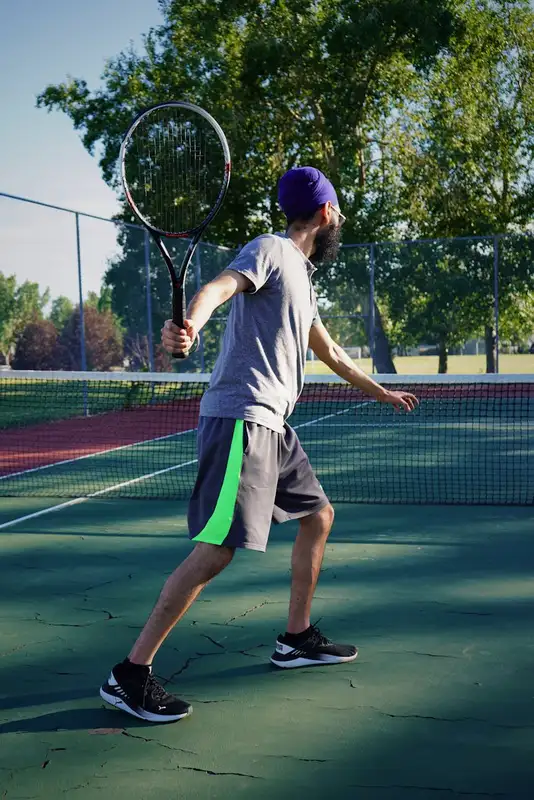In a significant leap forward for tennis technology, a select group of top-tier players is set to introduce “smart racquets” in upcoming tournaments, potentially altering the competitive landscape at prestigious events like Roland Garros and Wimbledon. This innovative technology, developed by Eric Babolat, promises to provide players with a competitive edge through its advanced features.
While the specific players who will first wield these cutting-edge racquets remain undisclosed, Babolat has confirmed that the racquets, embedded with sophisticated sensors, will offer comprehensive feedback on various aspects of a player’s performance, such as forehands and backhands. After a decade of meticulous development, these racquets are on the brink of their competitive debut. “It could be any week. We have a lot of players testing. It is going to happen very soon. It is a question of days, not months,” Babolat assured.
The International Tennis Federation, the governing authority for the sport, has sanctioned the use of this technology, having implemented a new rule earlier this year to accommodate it. The specially designed Babolat racquets will incorporate data-collecting sensors within their handles, providing insights that were previously inaccessible. “Quite simply, this is information like we have never been able to get before,” Babolat commented, highlighting the evolution of the family business from its 19th-century roots in manufacturing diverse products such as sausage skins and piano strings.
Revolutionizing Player Performance Analysis
The smart racquets are engineered to collect data on shot power, ball impact location, stroke count, spin levels, play duration, endurance, technique, consistency, energy, and rallies. This wealth of information is transmitted via Bluetooth to smartphones or tablets, enabling players and coaches to analyze and share their data with others and within online communities.
This technological advancement is poised to revolutionize how players and coaches approach training and match preparation. By providing detailed analytics, players can fine-tune their techniques and strategies, potentially leading to improved performance on the court. As the tennis world eagerly anticipates the debut of these smart racquets, the potential for enhanced gameplay and strategic insights marks a new era in the sport.
